After leaving the military, getting used to the ins and outs of civilian life while maintaining the physical fitness that you work so hard for during your time in the service can be difficult. Luckily, Nick Norris and Tim Duba, co-founders of Protekt, are two ex-military men who’ve got some advice when it comes to adjusting - they’ve been through the military transition, and love to share what they’ve learned with other vets.
The journey is not always going to be easy, but with dedication and positivity you’ll come out on top.
It’s Not Work
In the military, staying physically fit is considered part of your job. Since your body is a tool, it has to remain in tip-top shape. For a lot of guys, they view this fitness component as a chore - and sometimes as punishment.
The key to staying fit after you leave the military is to stop looking at working out as a consequence. How to create a fitness plan should be centered around making your body feel good and maintaining it for the purpose of health and wellness. And for fun and enjoyment, too. There’s nothing wrong with those things.
“The best way to keep your fitness up after service is to find a way to specialize it towards something you enjoy,” Nick says. “Whether that's surfing, cardio, yoga, or what have you. Find something that gives you a reason to continue the good habits. I found out very quickly that for most people in the military, fitness is not a priority, and they loathe it. They avoided it at all costs. For the average person transitioning out of the military, you may view fitness as a thing that you hate, but it's one of the best things that the military does. It's probably the most important thing to continue doing when you get out, because civilian life can help you form a lot of bad habits quickly. There's no discipline and no consequences, and fitness can keep your mind on the right track. It’s not a job anymore; it’s a tool.”
Enjoying fitness may not come naturally to some. But it will help your mind and body stay aligned, and it can really help those who can’t adjust to civilian life or those who have a hard time doing so.
“It's so critically important to find something that you love to do, even if you're fooling yourself into staying fit, because you enjoy whatever activity you’re doing. Whether it's hiking, hunting, fishing, climbing, paddling - find a lifelong activity that gives you something to work towards, instead of looking at it as something you're doing for the job.”
Choose Your Fuel
Something else that transitioning veterans have to get used to is the fact that they now can choose what they fuel their body with. Instead of having military-supplied food, they’ve got a world full of choices - and it’s important to choose wisely to stay healthy and clear.
“In the military, your options are pretty limited. When it comes to the food, whatever they're serving is what you get,” Tim says. “If you don't eat it, you're gonna starve. During my military transition, I was able to put an emphasis on clean foods - really efficient fuels. It made me realize that it's such a privilege to choose what you eat. I noticed my performance levels went up, too, because I was choosing better things to fuel my body with.”
Sleep - The Number One Performance Enhancer
Along with choosing good food during a military transition, getting good sleep is a huge component of what to do after military service.
“I've really subscribed to the fact that sleep is the number one performance enhancing drug,” Nick says. “In the military specifically, we get in the mindset that “Sleep is weak. You don't need sleep; the less sleep that you get, the more efficient you are, the tougher you are.” Coming out, I had to completely flip that mindset and look at sleep as something to be selfish about. I'm going to make sure that I get the sleep that my body needs. Sleep is very individual - some people can operate really well on 5 hours of sleep, other people need 9-10 hours. If you're one of those people that need more sleep, take it. Don't feel like you're doing something wrong because you're getting the amount of sleep that allows you to perform optimally - not just in physical exercise, but cognitively too.”
When you don’t get good sleep, your body doesn’t recover. It’s as simple as that. Sleep is the time that your body and brain use for healing, and when you deprive yourself of that, you’re at a constant deficit.
With poor sleep, your immune system suffers as well. In order to keep it up and running as it should, you have to get whatever amount of sleep your body needs. It can also be aided with supplements like Protekt’s immunity liquid supplement that includes antioxidants, zinc, and vitamin C to keep your defenses strong.
A Big Change
There’s no one-size-fits-all answer regarding how to transition out of the military. But in order to get through the shift successfully, you have to take care of your body.
“As far as transitioning goes, the most important thing that you can do for yourself is maintain good physical fitness,” Tim says. “Because it really does keep you in a more positive frame of mind. The truth is that transition sucks. Everybody feels like they want to get out until they get out. Then, all you can think about are the things you miss - your buddies, the fun times, the hard times, too. We always joke that the happiest you'll ever be is when you're sharing suffering with somebody that you really respect. During military transition, that all goes away, and a lot of people lose their purpose. So keep those healthy routines, the things that were good about the military, when you get out.”
*These statements have not been evaluated by the FDA. Protekt products are not intended to diagnose, treat, cure, or prevent any disease.
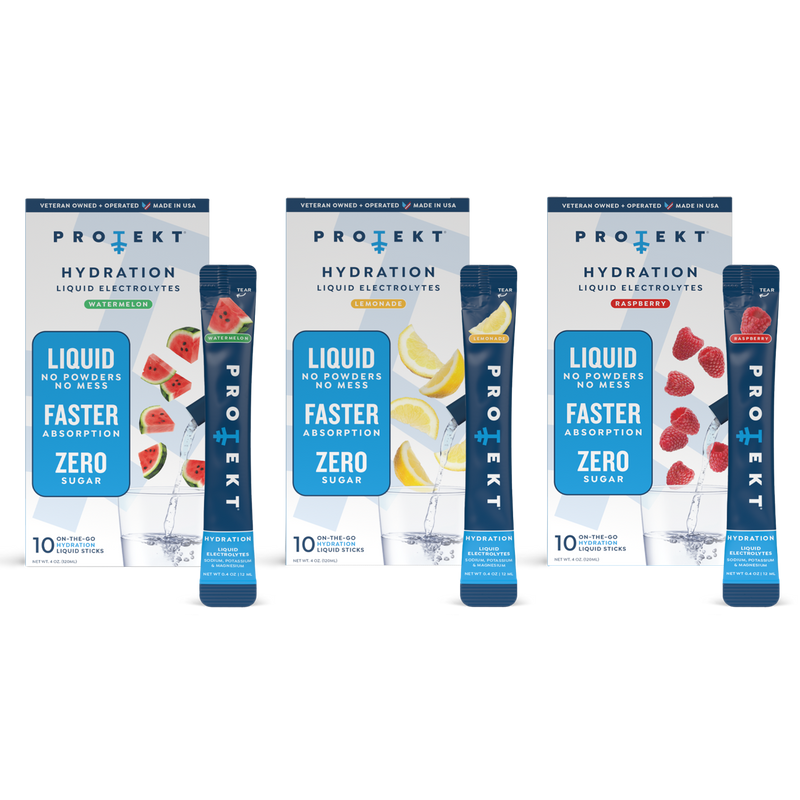
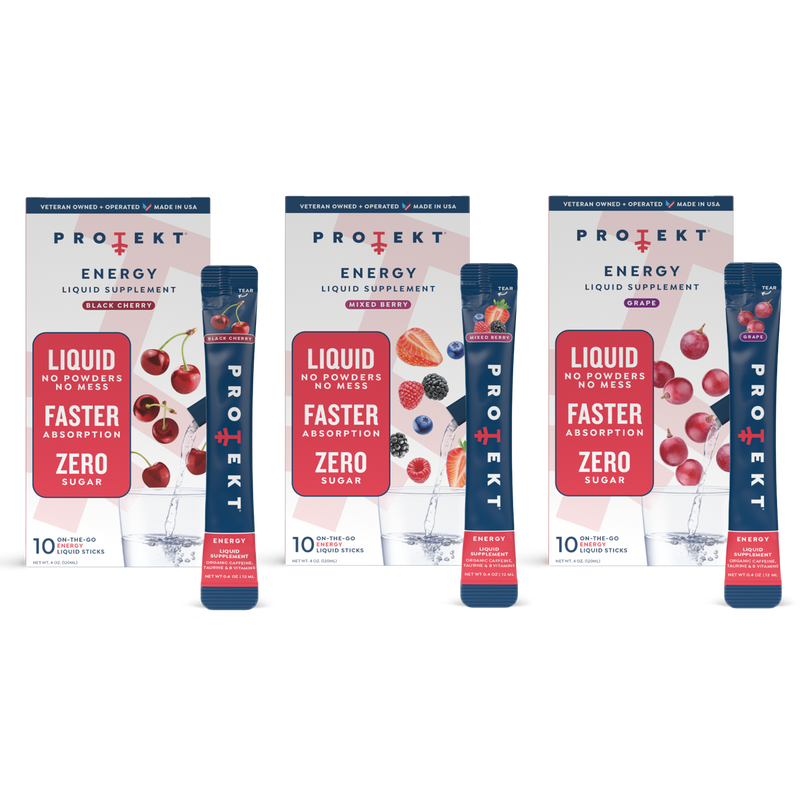
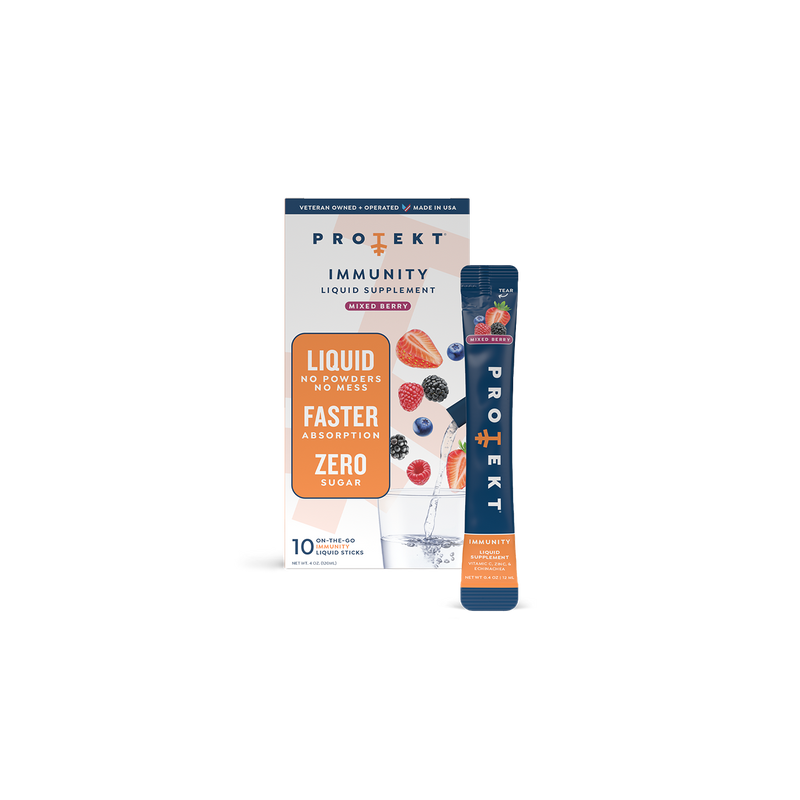
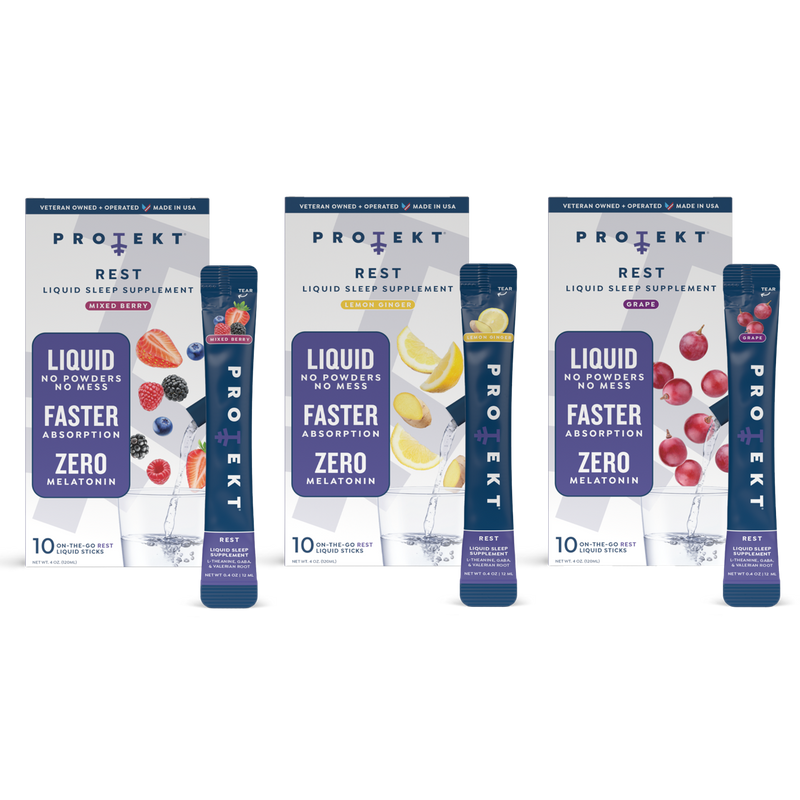



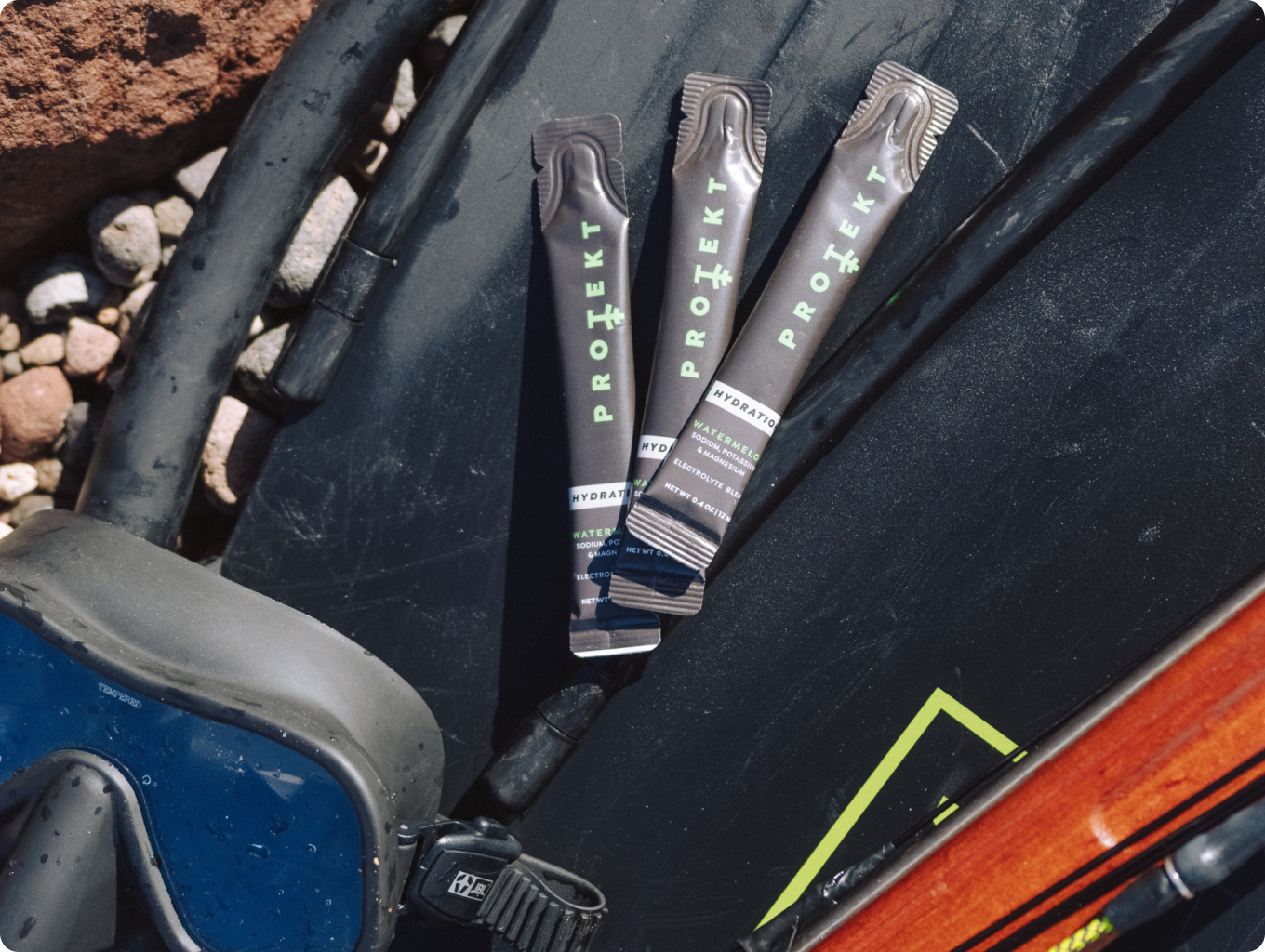





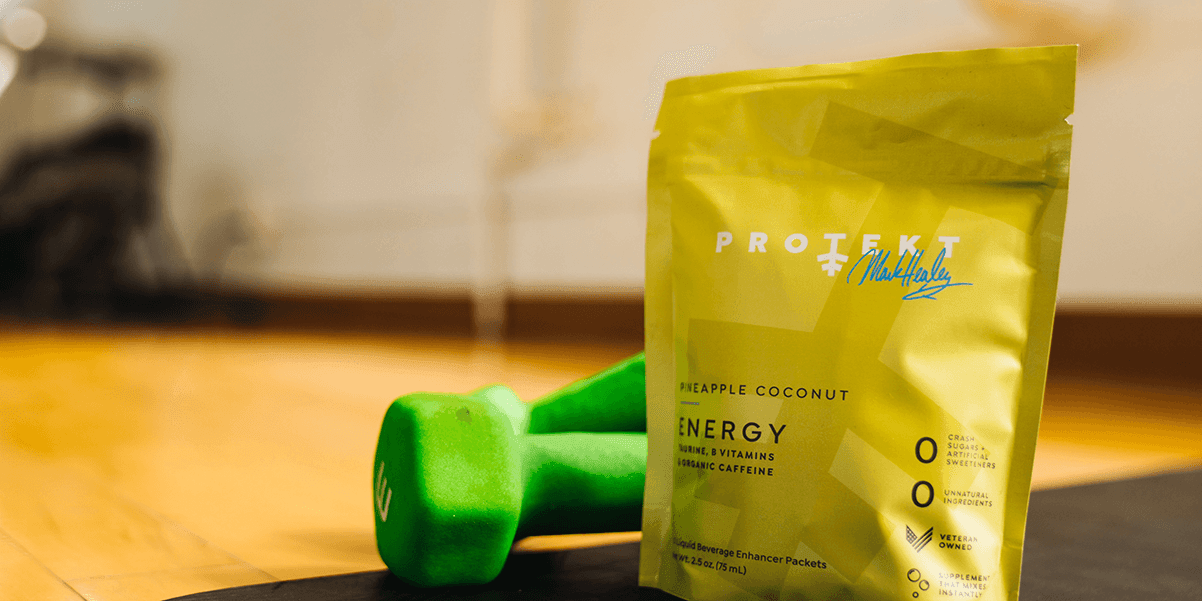

Leave a comment
All comments are moderated before being published.
This site is protected by hCaptcha and the hCaptcha Privacy Policy and Terms of Service apply.